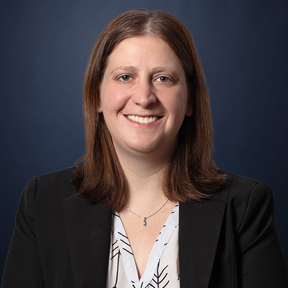NIL Development in Amateur Sports
By Jaclyn Flint — PartnerFor many years, collegiate athletes faced restrictions on their ability to earn compensation related to their image or athletic performance. However, recent policy changes and judicial decisions surrounding student-athlete compensation have significantly changed the landscape of collegiate athletics. Beginning in July of 2021, following the unanimous United States Supreme Court decision in NCAA v. Alston, 594 U.S. 69 (2021) (in which the Court decided that restrictions limiting collegiate athletes to be compensated only with education-based benefits violated federal anti-trust laws), the National Collegiate Athletic Association (NCAA) has allowed collegiate athletes to be paid for use of their names, images, and likenesses (NIL). This means that student-athletes can now earn money from endorsements, sponsorships, autograph signings, social media posts, and other activities based on their NIL.
This article appeared in the IndyBar section of The Indiana Lawyer, November 6, 2024. Click here to read the full article.

Jaclyn Flint – Attorney at Law
Jaclyn represents and advises clients in a wide variety of business and litigation matters, including matters related to commercial litigation, sports, media, intellectual property, contractual disputes, technology licensing, and corporate formation.
In 2023, Jaclyn completed the Indiana State Bar Association’s Leadership Development Academy. While attending the Indiana University Robert H. McKinney School of Law, Jaclyn served as an Executive Articles Editor for the Indiana Law Review and as the President of the Indiana University McKinney Sports and Entertainment Law Society. Jaclyn also acted as a Dean’s Tutorial Society Fellow, providing guidance and tutoring services to first-year law students, and as a research assistant to Professors Michael Pitts and Xuan-Thao Nguyen.
© Riley Bennett Egloff LLP
Disclaimer: Article is made available for educational purposes only and is not intended as legal advice. If you have questions about any matters in this article, please contact the author directly.
Posted November 6, 2024, by Jaclyn Flint
